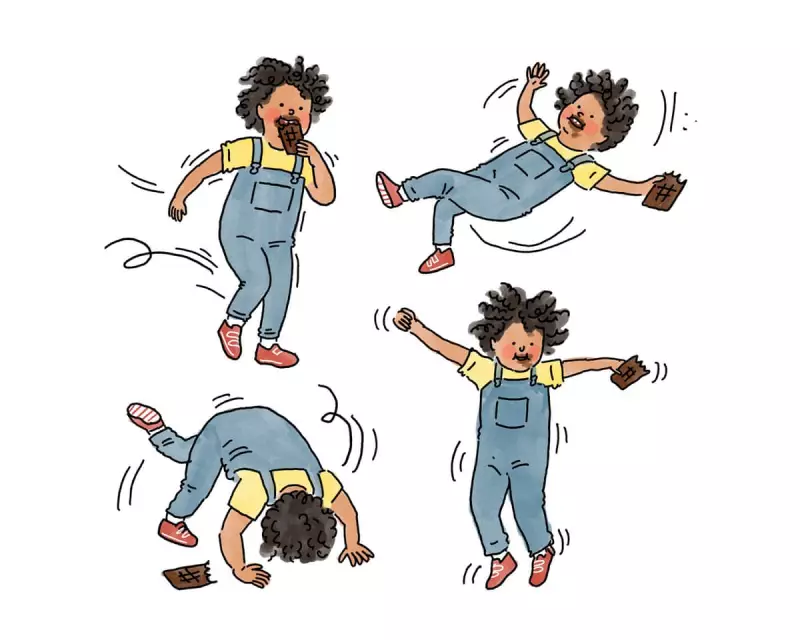
For decades, parents have watched their children at birthday parties and immediately blamed the inevitable energy surge on sugary treats and fizzy drinks. The connection between sugar and hyperactivity has become one of parenting's most deeply ingrained beliefs. But what if science tells a different story?
The Great Sugar Misconception
Extensive research spanning numerous studies has consistently failed to find evidence that sugar causes hyperactivity in children. The myth persists despite scientific consensus to the contrary, creating what experts describe as a powerful 'expectation effect' where parents perceive behaviour changes that aren't actually happening.
Why We Believe the Sugar-Hyperactivity Link
Several factors explain why this myth continues to thrive:
- The Power of Expectation: When parents believe their children have consumed sugar, they're more likely to interpret normal energetic behaviour as hyperactivity
- Context Matters: Sugar is often consumed at parties and celebrations where excitement and high energy levels are naturally expected
- Confirmation Bias: We remember the times when sugar consumption coincided with hyper behaviour while forgetting the many times it didn't
What Science Actually Shows
Multiple double-blind studies, where neither parents nor researchers know which children received sugar or placebo, reveal no difference in behaviour between the two groups. Interestingly, parents who believed their children had consumed sugar consistently rated them as more hyperactive - even when they'd only received artificial sweeteners.
The Real Effects of Sugar on Children
While sugar doesn't cause hyperactivity, it certainly isn't health food. The genuine concerns about sugar include:
- Dental cavities and tooth decay
- Contribution to weight gain and obesity
- Poor nutrition when sugary foods displace healthier options
- Potential long-term health consequences
Breaking Free from the Sugar Myth
Understanding that sugar doesn't cause hyperactivity can help parents focus on the real nutritional issues while reducing unnecessary anxiety about occasional treats. The excitement and environment of parties - not the sugar itself - are likely responsible for those bursts of energy that parents have been blaming on sweets for generations.
So the next time your child comes home bouncing off the walls after a party, you might want to look beyond the cake and fizzy drinks. The real culprit could simply be the joy of celebration and the company of friends.





